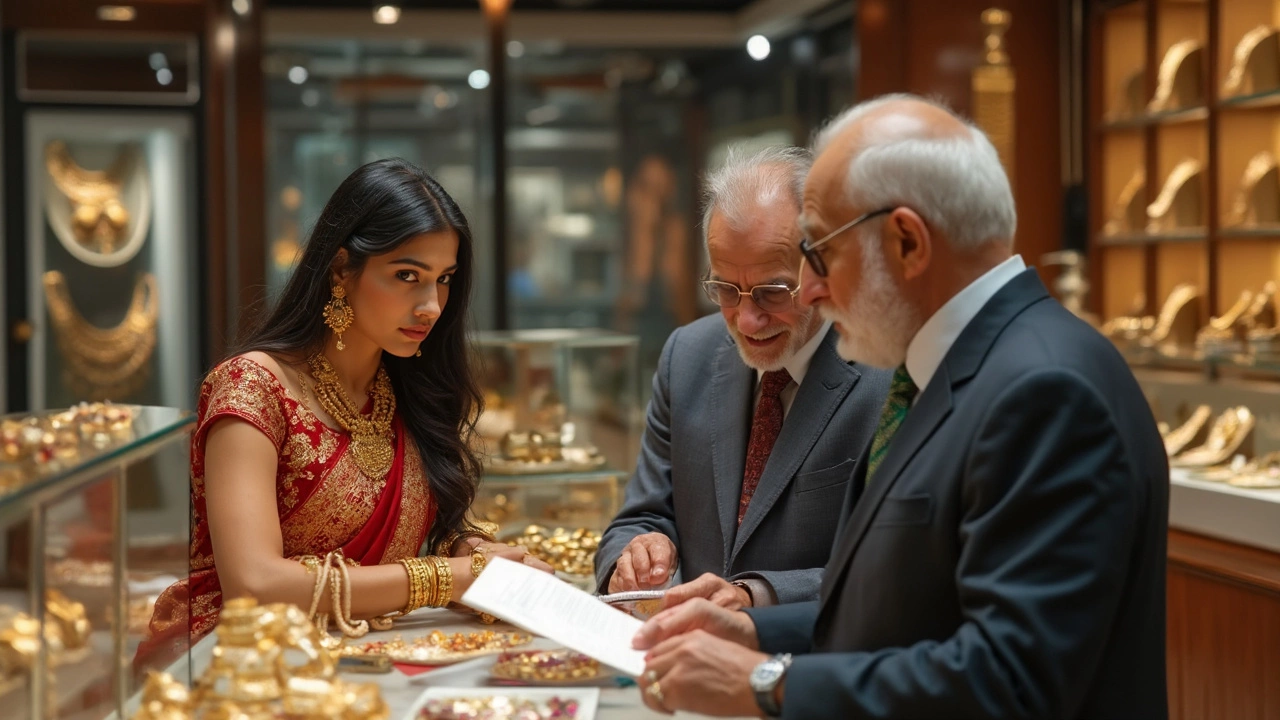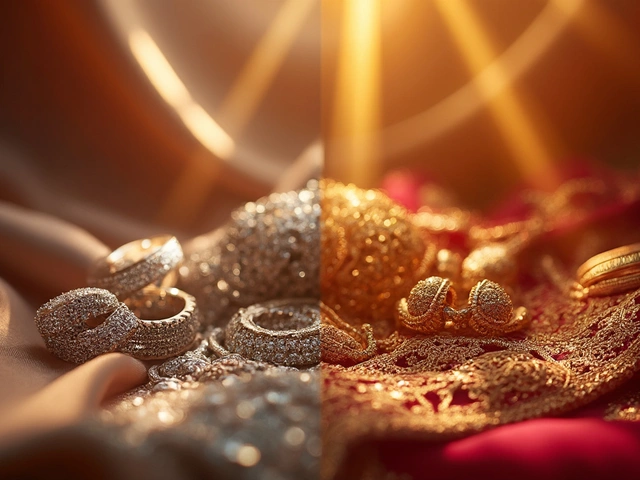Resale – How to Get the Best Value from Your Jewellery
Thinking about selling a gold chain or a pair of diamond earrings? You don’t have to guess the price or worry about scams. With a few simple steps you can see exactly how much your piece is worth and where to sell it for the highest return.
Check Hallmarks and Purity First
The easiest way to start is by looking at the stamps on the metal. In India you’ll see marks like 875 for 21‑karat gold or 833 for pure silver. These numbers tell you the purity, and the BIS hallmark guarantees authenticity. If you can’t find a stamp, use a magnet – gold and silver won’t stick, but many fake pieces are just plated base metals.
Take a photo of the hallmark and write down the weight. When you know the karat and weight, you can calculate a rough raw value using today’s market price. This gives you a baseline before you factor in design, brand, or condition.
Brand Matters – Choose Pieces That Keep Their Worth
Not every jewellery brand holds its value. Our article on Top Jewelry Brands with the Highest Resale Value in 2025 lists the names that consistently sell well, like classic gold designers and reputable diamond houses. If you own something from one of these brands, you’re already ahead.
Even within a brand, simple designs tend to resale better than overly intricate ones. A plain gold mangalsutra or a classic solitaire diamond ring is easier for buyers to picture in their own collection, so you’ll likely get a better price.
Maintain Condition – Small Care Steps Pay Off
Scratches, loose stones, or tarnish hurt resale value fast. Clean your jewellery regularly with a soft cloth and mild soap. For gold, a quick polish can restore shine. If a stone is loose, get it fixed before you list the item – the repair cost is usually far lower than the loss in price you’d face otherwise.
Store each piece separately in a soft pouch or a jewellery box. This prevents rubbing and keeps the original condition intact, which buyers love to see.
Timing and Market Trends
Gold prices swing with the season. Buying or selling in the months when prices dip – typically after major festivals – can save you hundreds of rupees. Keep an eye on market charts or use a simple app that alerts you when gold hits a low.
For diamonds, the resale market follows a different rhythm. When the economy slows, demand for luxury gems can dip, so a strong resale window often appears once markets recover.
Where to Sell – Platforms and Tips
Online marketplaces, certified jewellers, and auction houses each have pros and cons. Online sites give you a wide audience but require you to handle shipping and verification. Certified jewellers may offer a lower price but give instant cash and a trustworthy transaction.
Always ask for a written appraisal before you agree to a price. This protects both you and the buyer and makes the deal feel professional.By following these steps – checking hallmarks, choosing reputable brands, keeping pieces pristine, timing your sale, and picking the right platform – you can turn old jewellery into cash without regret.
Does Kay Jewelers Buy Back Jewelry? Straight Answers You Need
If you’re holding onto old or antique jewelry from Kay Jewelers, here’s what you need to know about their buy-back options. This article breaks down if and how Kay Jewelers might buy back your pieces, what their trade-in policies actually cover, and why antique jewellery owners should read the fine print. Get the facts, learn useful tips, and see what options make the most sense if you’re thinking of selling or trading your jewelry. We’ll even tackle alternative ways to get value from your cherished pieces. Know what to expect before you walk into the store.





